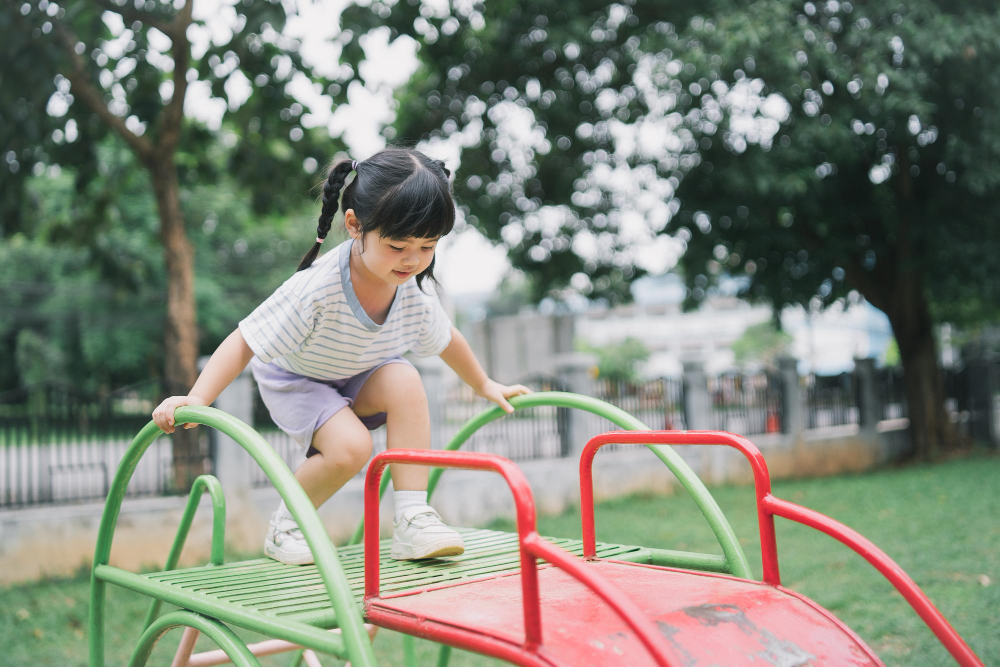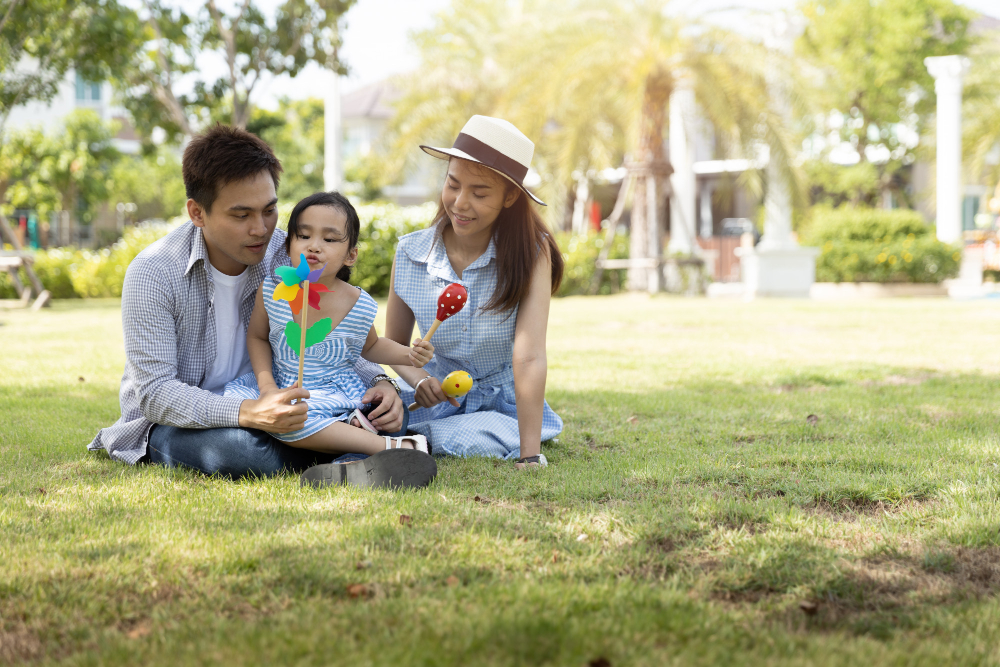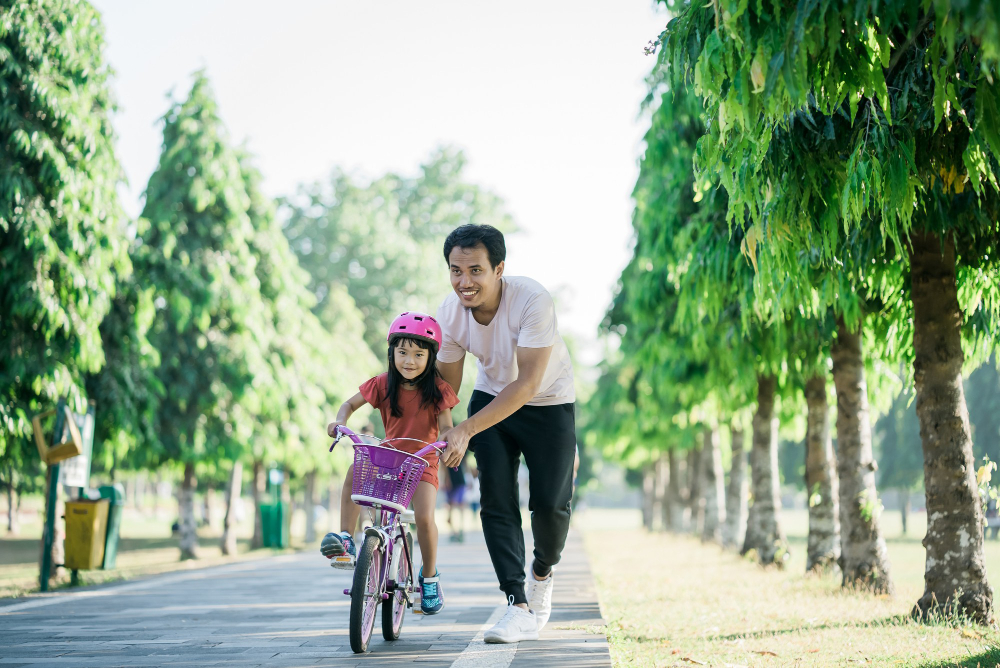How To Keep Your Kids Safe When Playing Outdoors

When you’re a parent, you want your kids to enjoy their childhood and grow up healthy. One of the best ways to do this is through outdoor play. It’s important for children’s development and helps them learn about the world around them.
But there are child-safety risks involved in playing outdoors too–risks that can put your child at risk if they aren’t properly protected against them. This article will help you understand what these risks are and how you can keep your kids safe when they’re playing outside.
As a parent, you always want to ensure that your children are safe and protected. However, this can be difficult when they are playing outdoors. While it is good for kids’ development to spend time outside in the fresh air, there are potential safety concerns and hazards that come with being out of doors that make it necessary for parents to take extra precautions when letting their children play outside.
As you may know from experience or common sense: there are many things that can go wrong when playing outdoors if we don’t take measures to prevent them from happening in the first place.
Choose age-appropriate activities and equipment
When choosing an outdoor activity, consider the age and skill level of your child. For example, a toddler will probably not be able to play on a high-speed slide or swing as older kids would.
Children should also use equipment that is appropriate for their age group and size. If you’re unsure of what equipment is right for your child’s needs, ask the staff at your local playground or park district office for help in selecting something safe and fun.
Create a safe outdoor environment for younger children
The first step in creating a safe outdoor environment is to regularly inspect play areas and equipment for hazards. You should also ensure that you have appropriate ground surfaces for fall protection, maintain proper fencing and barriers, opt for shaded play areas to prevent heat-related issues or provide water at all times.
The second step is being proactive in educating children on the dangers of playing outside without supervision by making sure they know what they can do if they encounter a stranger or other dangerous situation while playing alone outdoors. You should also encourage them about the stranger danger–not to talk with strangers at all; instead of trying out new toys or games that may have been given as gifts but haven’t been tested yet (e.g., skateboards); avoid going into wooded areas alone; stay away from rivers/streams/lakes without an adult present because these places could contain dangerous animals such as snakes which could bite someone resulting in serious injuries such as infections.
Teach children about outdoor safety tips and rules
Teach kids the following outdoor safety rules:
Establishing clear boundaries and expectations.
Children need to know what is expected of them so that they can follow your instructions. For example, if you don’t want them running around the playground or climbing on equipment, tell them so in advance especially younger kids.
Importance of adult supervision.
Make sure that an adult is present at all times when children are playing outdoors (or indoors). It’s also important for parents/guardians to keep track of their kids’ whereabouts at all times while out in public areas like parks or playgrounds–this way you’ll know where they are if something happens.

Instructing children on how to use play equipment safely.
When teaching young ones about using playgrounds or other outdoor play areas, explain what each piece does before letting them try it out. For instance, if there’s a slide, you could say something like “This slide goes down!” Then help guide him up until he gets comfortable climbing up himself without assistance from anyone else around him.
Encourage safe and responsible behavior
You can play an important role in helping your child develop safe and responsible behavior.
As a parent or guardian, you can:
- Promote teamwork and fair play by encouraging children to take turns, share their toys and food, listen carefully when others speak, apologize for mistakes, and learn from them.
- Model good behavior yourself by being kind, patient, and respectful of others’ feelings at all times (even during arguments), and demonstrating appropriate ways of resolving disputes or conflicts between children such as through mediation or negotiation skills rather than physical confrontation.
Equip kids with child-safe protective gear
Kids should always wear helmets, knee pads, and other protective gear while playing outdoors. This is especially true if they’re engaging in sports such as skateboarding or rollerblading. It’s also important to choose the right gear for specific activities: If you’re going hiking or camping with your kids, you’ll want their shoes to have sturdy soles that can handle rough terrain; if they play baseball or football on a team at school (or just for fun), it’s essential that they wear mouth guards so they don’t injure their teeth when someone tackles them during a game.
Ensuring proper fit is another important factor when choosing protective gear for children–you’ll want everything from helmets to cleats that fit snugly but aren’t too tight so as not to restrict blood flow through their veins; this will help keep them safe from injury during athletic activities like biking downhill at high speeds.

Be prepared for emergencies
It’s important to be prepared for an emergency with your children. Make sure you know basic first aid knowledge and carry a first aid kit wherever you go. You should also keep an eye out for signs of heat exhaustion, dehydration, or injury (such as scrapes and bruises). If you notice something like this happening to your child during playtime outdoors, seek medical attention immediately by calling 911, or other emergency contact details, or going directly to the nearest hospital emergency room. Don’t wait until later in the day when symptoms worsen. Also, it’s a good idea that you are aware of the nearest police officer on duty just in case.
As a parent, you want your kids to have fun and experience the joys of outdoor play. However, it’s important to remember that there are dangers associated with outdoor activities that can lead to serious injuries or even death if not properly managed by adults.
In this guide, we have covered some simple steps for creating an environment where your children can enjoy themselves safely outdoors.
The most important thing is to keep your kids safe while they’re out playing. We hope our tips have helped you do just that! Remember, it’s not just about teaching them to follow rules, but also encouraging them to be responsible for themselves as well. The best way for kids (and adults) to learn about safety is through experience–so get out there and play.




